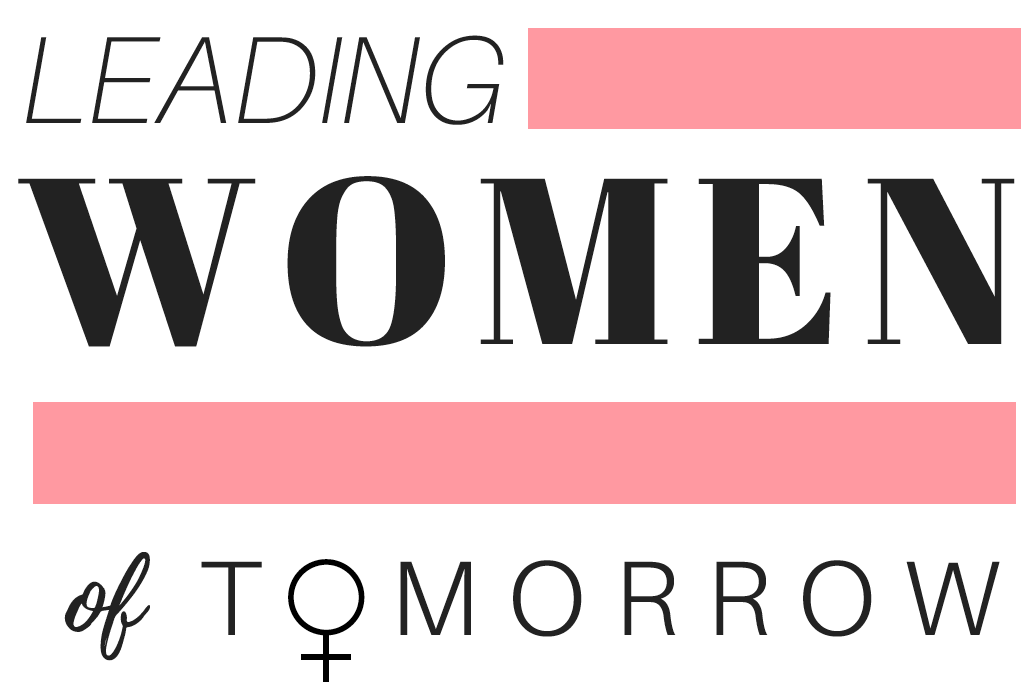Qianna Smith
Many new digital professionals are self-financed, don’t have access to legal aid, and have a lot of upfront creative production costs. The irony of this space is that you can be booked and broke. There’s also a lot of debt that no one talks about. Media depictions of influencers are often of the 1-2% of our trade. I turned a passion into a career that now spans nearly two decades. Startup industries like social media networking, influencer marketing, NFTs, crypto, etc. enable unparalleled innovation, entrepreneurship, and opportunities. But oftentimes, uncharted ecosystems dominated by young people can become hubs for wealth inequality, brand misconduct, and exploitation. Movements for transparency did not exist when I was blogging. I personally experienced all of the things that young, small businesses go through—like struggling to get your invoice paid on time or not knowing how to advocate for yourself because you’re super young. Apps like Clara and FYPM that curate brand insights and intel are recent phenomena. Competition for creators is fierce. At the American Influencer Council – AIC, we recognize that brands and platforms have a significant opportunity to build a pro-creator culture of trust through transparency. Career creators seek structures of transparency from the platforms, partnerships with brands that have a track record for inclusion and pay equity. This next generation of creators wants tools and resources to navigate this space more seamlessly, and that’s why we created the AIC Resource Hub and the Career Creator Club mentorship community. As more creators enter the market, our industry needs to be able to support them with trade resources and business development tools to scale and help educate them on how to be financially capable. It would be an honor to have the work I do for the Council recognized. The AIC is a grassroots association. The more awareness we can generate for our mission work, the better it can lead to opportunities to expand our programming.

